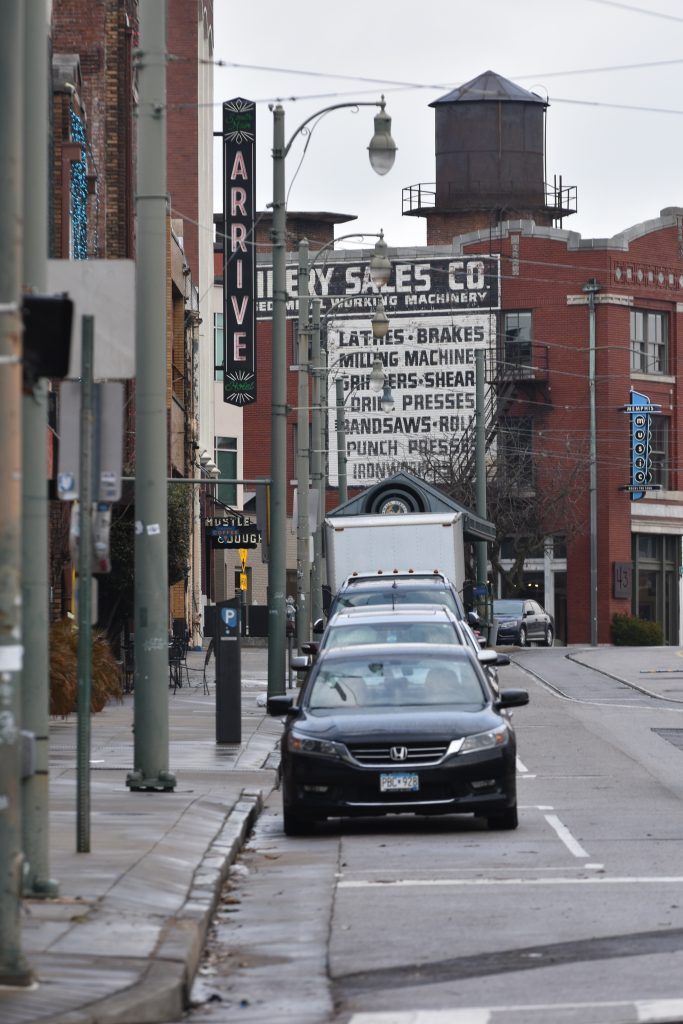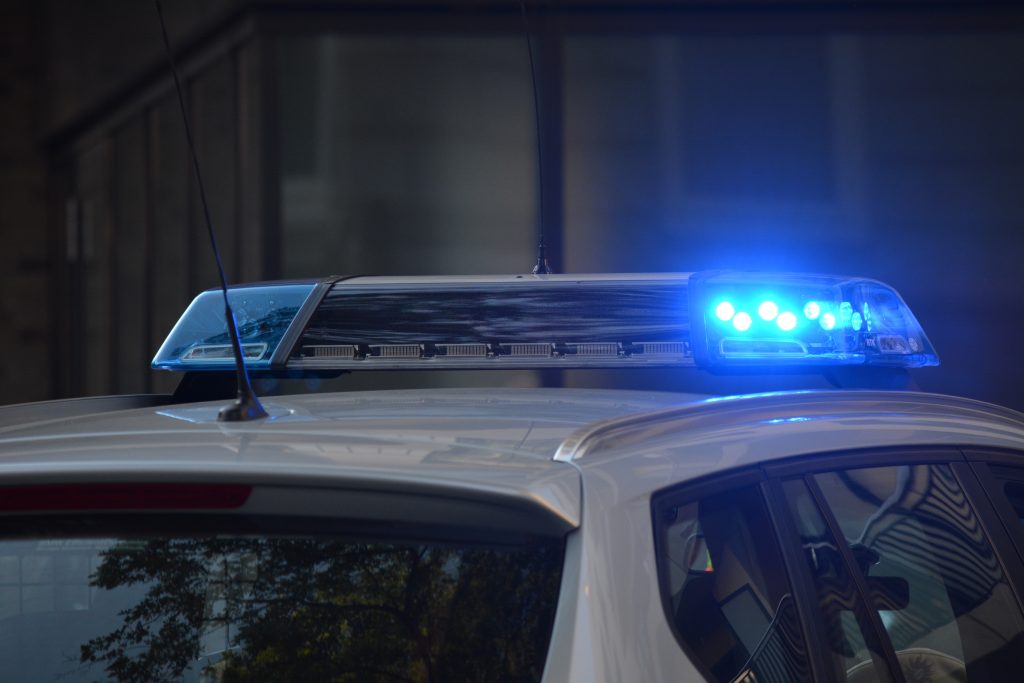by Daniel Rose


The horrendous video scenes of the brutal assaults suffered by Tyre Nichols – recorded by the body cameras of his assailants – may appall and even traumatize viewers. Harrowing as they are, they must be seen by those who constructively ponder American criminal justice enforcement today and who advocate pragmatically effective, real-world innovations that could alter for the better the role of armed police in the life of the nation.
Criminal justice is a much more complex subject than is generally realized, and every aspect of criminal justice practice must be reviewed and questioned.
Who should do what to whom and how, following what laws, regulations and accepted practices ? How should the implementers be selected, trained, supervised, monitored and, if necessary, replaced? To what degree are they to be held accountable by civilian overseers? And to what extent should some present police functions – such as involvement with traffic violators – be conducted by non-police entities?
No easy or obvious answers present themselves, no pat solutions to which all agree; but the dilemmas must be faced.
The role of a conscientious police officer is challenging, demanding, frequently distasteful and sometimes dangerous. The great majority of such officers are hardworking, under-paid and under-appreciated by the public.
It is little wonder that it is difficult to attract to this profession – and, yes, it is a profession – the caliber of individual we would like to see in such roles.
In virtually all other advanced democratic societies — in every member of NATO, for example – police are well-paid, carefully selected, rigorously trained and transparently monitored; and as a result they are highly respected and have high self-esteem.
If American society wants the quality of policing that other advanced, democratic free-market societies demand, then we must be prepared to ‘pay the price’ that others do.
The perpetrators of the Tyre Nichols atrocities were clearly moral defectives who should never have been entrusted with the powers they had. A former Memphis senior official noted that their ‘training’ consisted of “three days of Power Point presentations, one day of criminal apprehension instruction and one day on the firing range”. One of the five originally indited in the Nichols murder had a prior unresolved complaint filed against him and two others had been recently hired with debased educational standards in a crash program to fill seriously depleted police ranks.
At a time when we desperately need higher levels of police maturity, judgement and decency, the Memphis police drastically lowered their educational standards, eliminated timed physical activity test and even offered $15,000 signing bonuses in 2020 and 2021; and they even offered waivers for felony convictions. According to the International Association of Chiefs of Police, some 50% of our police agencies have been forced to lower their standards to attract applicants.
Where do we go from here ? Let us start with acknowledgement of the remarkable hi-tech world we live in, with previously unimaginable electronic aids. Automated safety cameras at all traffic intersections, crosswalks, highways and so forth – with the ability to monitor and record traffic violators of all sorts, recording license plates, defective autos, etc. – is an important advance being applied worldwide, permitting the elimination of the use of armed police and permitting civilian employees to provide necessary services to reduce speeding violations, discourage sidewalk cycling and to lessen assorted accident-related injuries.
Some U.S. states are leading the way. Virginia, for example, has barred police from stopping drivers for tinted windows, improper registration, defective brake lights, hanging something from their mirror or having a loud exhaust pipe. In Berkeley, California, officers are now barred from stopping drivers for expired registrations or not wearing a seatbelt ; and a new civilian-staffed Municipal Transportation Department there handles all traffic stops. Fayetteville, North Carolina, is another of the many successful examples we have of police no longer involved in any traffic matters. Polls in New York City show some 70% of the public in favor of non-police Traffic Safety Service.
The second profoundly important high-tech innovation we have today involves personal body cameras, whose recordings were the key to the criminal charges against the Tyre Nichols atrocity perpetrators. The unforgiveable time delays of the Memphis medical personnel called to help Nichols were known to the world only because of their body cameras.
Widespread mandatory use of body cameras – by police, emergency personnel, firefighters, etc. – is likely to play an important role in restoring the public’s trust in many of those who face declining public confidence.
The next fundamental question to be resolved in dealing with American criminal justice is that of governmental involvement – at the federal, state and municipal levels. In all other advanced democratic nations the role of the national government is preeminent. In America, we still have bottled up in Congress the “George Floyd Justice in Policing Act”, which would ban choke-holds and no-knock warrants, limit the transfer of high-power military weapons to police departments and make it easier to bring charges against offending officers.
On a state and municipal level, outside and independent civilian review of the training, policy and operations of specialized enforcement groups is advocated by many.
Finally – and most importantly – we need a widespread understanding of the importance of frank and openly transparent public discussion of the policing enterprise.
The vast majority of our nation’s police officers are honorable and competent practitioners of a noble calling. We must help them pursue their careers effectively, while weeding out the miscreants.
Although statistics on the criminal justice system are notoriously unreliable, our best guess is that some 5% of uniformed officers are corrupt, incompetent or both.
The worst must be removed, and the best must be encouraged, aided and revered – for their benefit and for ours!
